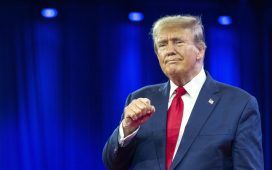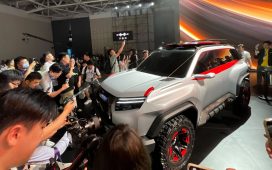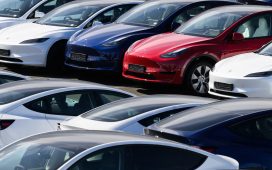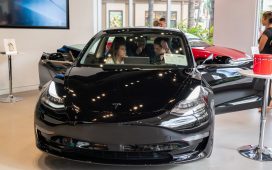The crisis is prompting Ford to rethink how it gets many vehicles from the assembly line to a customer’s driveway.
Farley said Ford plans to move to an order bank system for all of its products and maintain a 50- to 60-day supply of vehicles, much lower than before the chip crisis and pandemic.
Ford’s order bank currently sits at about 70,000, Farley said. An order bank helps the company keep incentive costs down and reduces complexity by giving it a better idea of what exactly customers want.
“In our view, this is a bigger narrative change on the go-to-market strategy than meets the eye,” Morgan Stanley analyst Adam Jonas said in a note to investors last week. “Hats off to Ford for innovating AGAIN on such important issues when we really didn’t expect it. CEO Jim Farley seems to be up to some seriously cool strategic growth drivers behind the scenes here.”
At the same time, Jonas questioned what the strategy shift means for retailers, asking whether it would “essentially turn dealers into customer delivery centers.”
Farley said dealers shouldn’t be worried about the move because there’s opportunity to make more money on service.
“That’s the most important thing for us; wiring a closed loop between the vehicle, the condition of the vehicle, the service capacity of the dealers and the customer,” he said on Ford’s second-quarter earnings call. “Our chance to win … is that in-person service.”
Less than a third of Tesla’s net income in the second quarter came from selling regulatory credits to competitors, one of the few times it has made money selling the vehicles it produces unaided by other means.
The automaker delivered 201,304 vehicles in the quarter, up 121 percent from the same period a year earlier.
But Tesla dampened investors’ enthusiasm over the record results by pushing back plans for some high-profile products that are seen as vital to the company’s growth. There is also rising uncertainty about how soon new plants in Texas and Germany can begin production. “Tesla, apparently worn down by the second-half deliveries due to the chip shortage, delayed 4680 batteries and Cybertruck, as well as Tesla semi, and offered no clarity around the timetable for fully ramping Berlin in the face of environmental permitting issues,” Brian Johnson, an analyst with Barclays, wrote in an investor note.”








